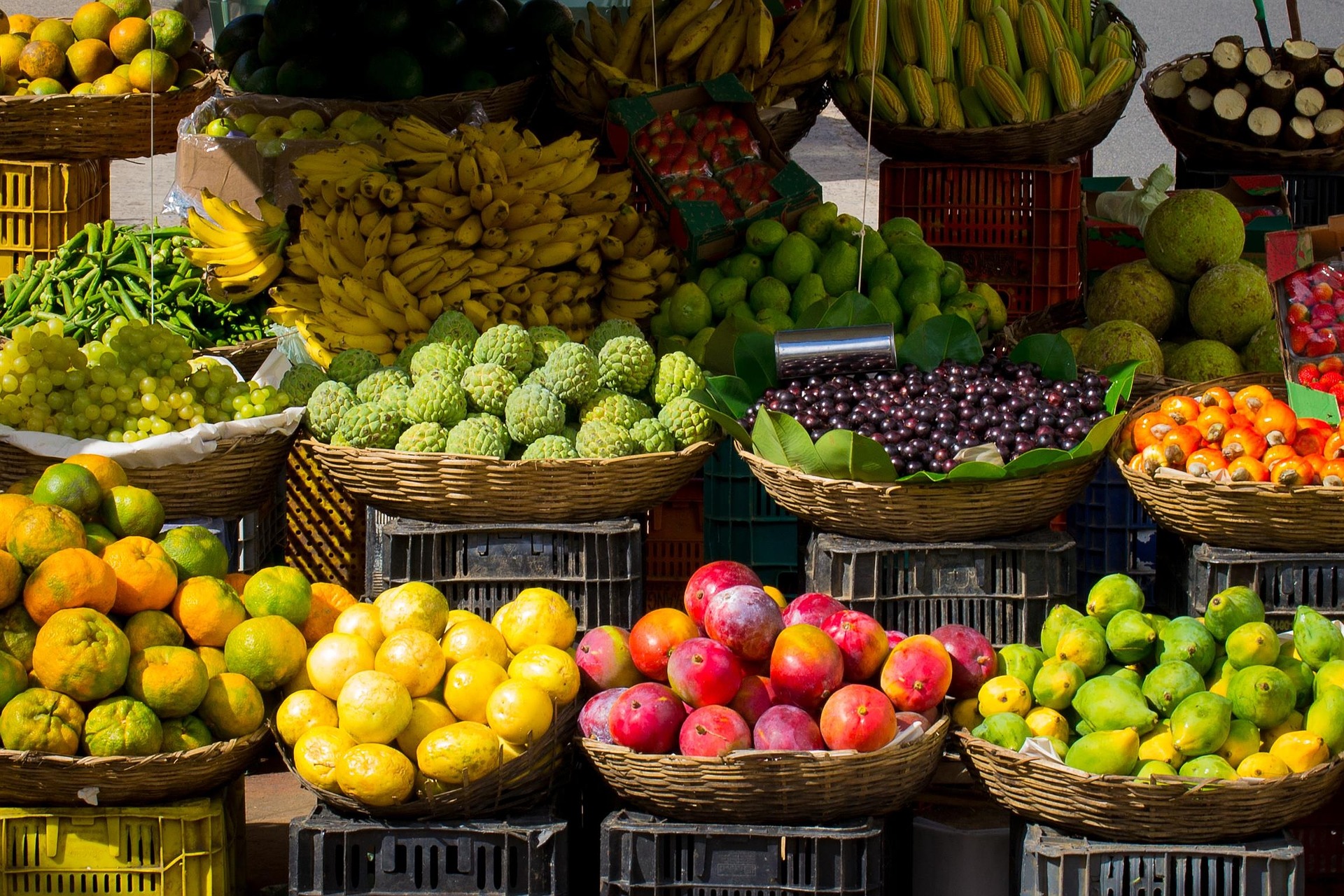 You have made the decision to switch to organic food, for the sake of the environment and your health. But sometimes, it can be more difficult to find them in the grocery store, the choice is more limited, and often, they are not affordable! Budgetary constraints can therefore make you doubt your convictions.
You have made the decision to switch to organic food, for the sake of the environment and your health. But sometimes, it can be more difficult to find them in the grocery store, the choice is more limited, and often, they are not affordable! Budgetary constraints can therefore make you doubt your convictions.
Here are some tips to help you persevere, and gently integrate this lifestyle into your daily life!
- Take it slow: do not try to change everything in your lifestyle overnight. Inform yourself, read on the subject, look at the labels of the products you already buy. Look at what they contain as ingredients. Several of them may already be organic.
- Watch for discounts: When you receive your grocery flyers, watch for discounts on products, including fruits and vegetables. Since organic products are more expensive in general, it is worth watching out for specials to get more for your money. If one-week, organic tomatoes are at a super discount, take the opportunity to buy more to do tomato-based recipes, for example lasagna, to freeze them for later. Canned food is convenient! Processing and freezing will save you big money! Know the prices too. Do price checks for organic items purchased regularly. The price can vary a lot from place to place for the same product. Even from farm to farm, prices can vary a lot. Stores that sell only natural and organic foods also periodically make sales. Watch and shop!
- Eating in restaurants regularly for work can put a strain on your budget. Try to prepare meals yourself, using good organic foods. Even just a day or two a week. It will save you big! Picnicking in the park at noon, while eating good food, is very good for the soul, it allows you to relax. Try to decrease your portions too. In general, we always eat a little too much!
- Try to encourage local organic farmers. Many offer on-farm kiosks, and many offer a weekly fruit and vegetable basket program, delivered to your door, sometimes with seasonal produce of the producer’s choice. This will allow you to try new fruits and vegetables that you may never have tried. You will expand your food horizons! Remember that local purchases have a smaller ecological footprint than products from across the planet, even if these are organic.
- To help you, in the United States, a tool allows you to find an organic producer near you: https://www.localharvest.org/
In Quebec, here are some tools to help you:
Family farmers: https://www.fermierdefamille.org/
Organic Quebec products: http://www.produitsbioquebec.info/
In Canada:
British Columbia: knowwhereyourfoodcomesfrom.com
Alberta: csaalberta.com
Manitoba: csamanitoba.org
Canada: ACORN organics
Ontario: Organic Council of Ontario Directory
In France:
Natureo-Bio: https://www.natureo-bio.fr/producteur/recherche/
My Organic Farm: https://ma-ferme-bio.com/fr/
My Organic Basket: https://www.mon-panier-bio.com/
My producer: http://www.mon-producteur.com/
- Products that are complicated to prepare are not always the best! Sometimes after a grueling day, a nice, simple sandwich with whole grain bread and organic peanut butter, with a little bit of fruit jelly, can work wonders in no time! Add an apple, and you have a complete and nutritious meal at minimal cost.
- Buying wholesale always saves money. If you have friends or family with organic food enthusiasts, come together to negotiate prices with a local producer. If you guarantee him substantial purchases each week, he might be interested in giving you discounts.
- Buy seasonal products saves money. For example, in the spring, it is the time for fiddleheads and asparagus. In June and July, the strawberries arrive, and later in august the corn. Rather than grabbing high priced exotic fruits from elsewhere, try to focus on local, seasonal fruits and vegetables. Your ecological footprint will be smaller!
- Grow your own vegetable garden. If you have the possibility, this will allow you to reconnect with a relationship with the land that many have lost. You will have full control over what you eat. And you will find that a good tomato that you have grown yourself, or a good fresh cucumber taken from the plane, is much better!
By observing these few tips, eating organic without breaking the bank is possible. All it takes is a little time and good will! You will gain a lot in return: better health, and a lower carbon footprint!